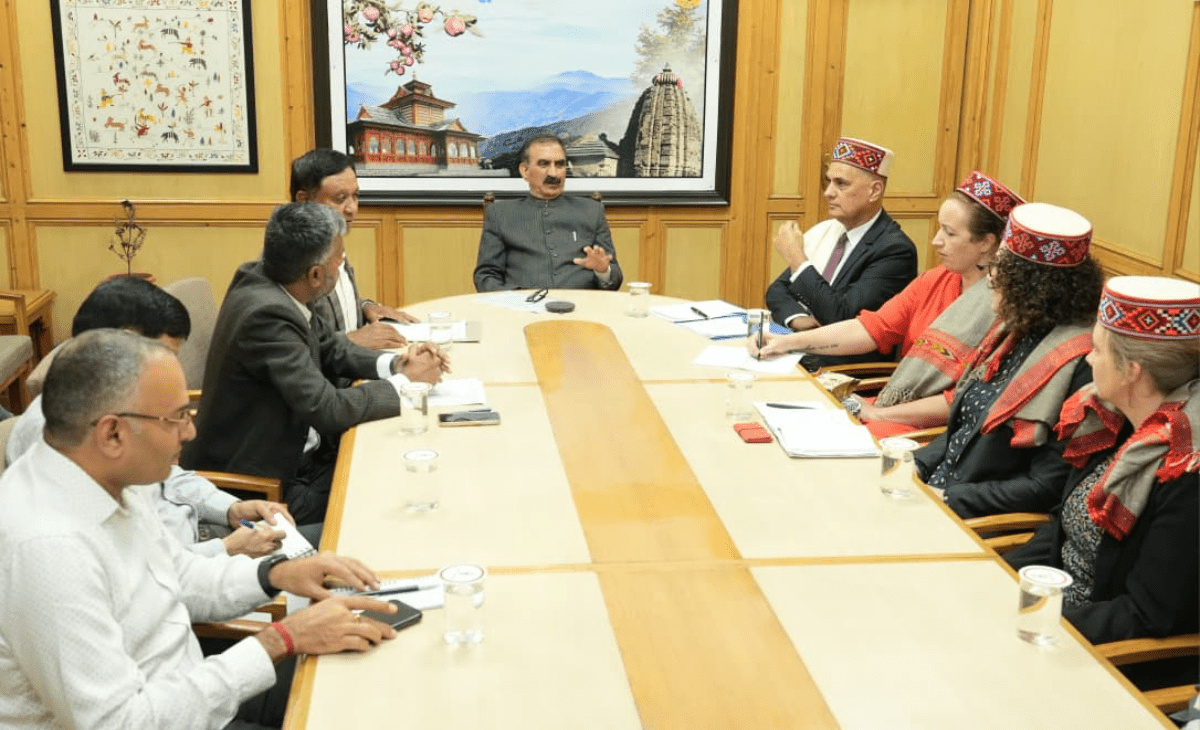Divides road projects to empower local contractors
S Gopal Puri
In a major shift in Himachal Pradesh’s infrastructure policy, the Sukhvinder Singh Sukhu government has decided to split large road construction projects into smaller tenders, a move aimed at promoting local participation and strengthening the state’s rural economy.
Chief Minister Sukhu has directed the Public Works Department (PWD) to divide road projects under the Central Road and Infrastructure Fund (CRIF) and NABARD funding into segments of 5 to 10 km each.
Until now, these multi-crore projects were awarded to large construction firms, often sidelining local contractors and young entrepreneurs. With this change, smaller firms and local youth will be able to compete for contracts within their districts, a step the government believes will democratise development.
Political message rooted in local participation
The decision comes amid a growing political debate in Himachal over “local versus external influence”. Analysts see the move as an attempt by the Congress government to ensure that development benefits are distributed across villages, not just among a few big contractors.
“The Sukhu government wants every village to feel the direct impact of government spending,” said a senior Congress leader. “This is not just an administrative reform but a statement that development should be people-centric.”
By localising contracts, the state aims to create a stronger connection between the government and the grassroots workforce, potentially building both economic momentum and political goodwill ahead of upcoming local elections.
Cash flow decentralisation: New economic model
From an economic perspective, the new tendering policy is being described as a form of cash flow decentralisation. Instead of funds being concentrated with a few large firms, money will now circulate within the local economy, benefitting small traders, transport operators, material suppliers and daily-wage workers.
Officials say this approach could stimulate employment in rural areas and strengthen the financial ecosystem of smaller towns. “Local youth trained in civil work or engineering will now find space to start their own ventures. Earlier, they couldn’t compete with big companies,” said a PWD official.
Accountability and quality control: The real test
The PWD expects that smaller tenders will also improve execution speed and ensure stricter monitoring. Previously, large contractors managed several projects simultaneously, leading to delays and quality issues. Now, each smaller contract will have local-level accountability.
However, experts warn that the increased number of tenders will demand stronger oversight. “The real challenge will be maintaining transparency and supervision. With hundreds of small contracts, administrative vigilance must increase proportionally,” said an infrastructure policy analyst.
Balancing governance with ground realities
Observers believe the Sukhu government is pursuing a dual objective — economic democratisation and political balancing. By distributing financial benefits more evenly and reducing concentration of power among large contractors, the government hopes to curb discontent and enhance its credibility in rural areas.
As one senior bureaucrat put it, “This policy could redefine Himachal’s development model — one that is not top-down, but truly participatory.”






